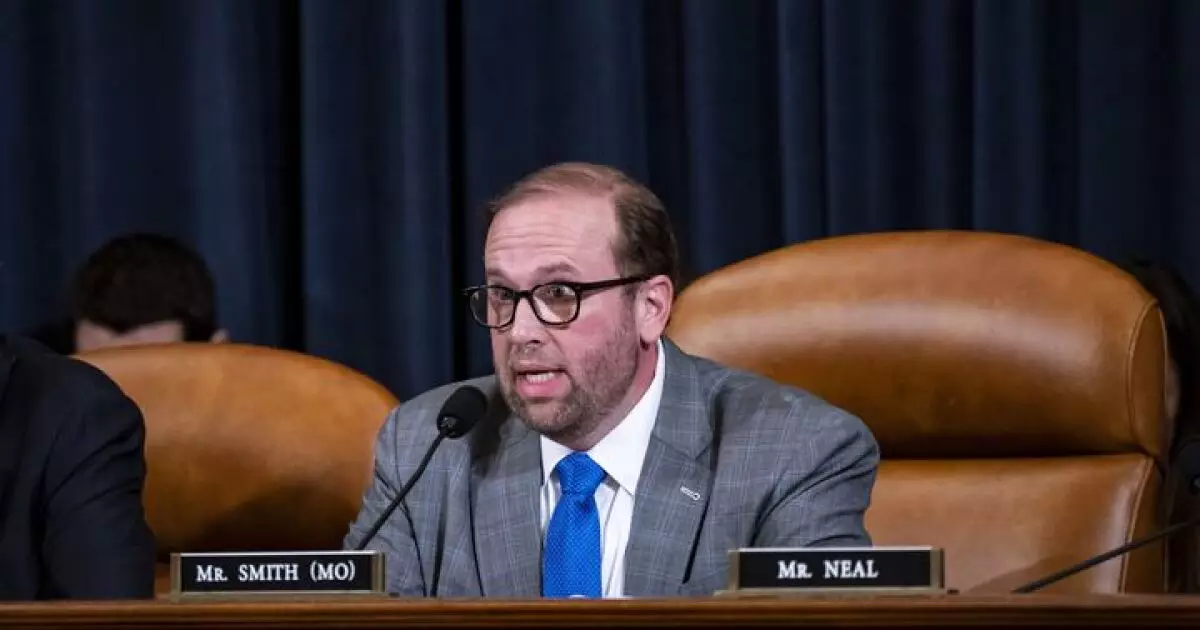For decades, nonprofit hospitals have enjoyed a privileged status that grants them substantial tax exemptions—benefits that are supposed to be justified by their contributions to the community. However, this assumption warrants serious scrutiny. Is the substantial tax relief they receive truly aligned with the genuine community benefits they provide? Experts and lawmakers are increasingly questioning whether these institutions deliver enough in charitable and societal value to justify these lucrative privileges.
The recent Congressional hearings illuminate a disturbing trend: many nonprofit hospitals are earning more from their tax breaks than they allocate to community outreach or charity care. This discrepancy hints at a systemic issue—are these exemptions a form of corporate welfare disguised as public service? When more than half of such hospitals are absorbing greater financial benefits than what they reinvest locally, the foundation for the justification crumbles. The narrative that these hospitals serve the public good becomes harder to uphold when their financial reports suggest a different story—one of self-serving privileges rather than communal commitments.
Tax Exemptions: A Money Magnet with Questionable Returns
The core issue lies in the vast sums diverted into hospital coffers through tax exemptions—estimated at over $37 billion annually. While some advocates highlight the billions in community benefits purportedly delivered, critics counter that the actual value of these benefits pales compared to the tax relief enjoyed. In fact, research indicates that the tangible benefits provided by these hospitals fall short by tens of billions annually. This stark disparity begs the question: why should the government continue to subsidize institutions that often prioritize profit margins over community welfare?
Further undermining their credibility is the troubling lack of oversight. Though regulations like the Affordable Care Act mandate periodic IRS reviews, enforcement has been lackluster at best. No hospital has had their tax-exempt status revoked in over a decade, a fact that raises alarms over enforcement and accountability. When legal and bureaucratic safeguards are so lax, it’s no wonder critics argue that the system incentivizes complacency rather than accountability among nonprofit hospital operators.
Is the Community Actually Getting a Fair Deal?
There’s a growing consensus among policymakers that the current system may be fundamentally flawed. With hospitals collecting billions in tax benefits while their actual community benefits lag behind, it’s clear that many of these institutions are not fulfilling their original mandate. The disparity is especially acute in rural areas, where hospitals are struggling to stay afloat amid financial pressures. Yet, the assumption remains that tax exemptions should be an acceptable trade-off for community benefits—a premise now being challenged more aggressively.
A recent analysis suggests that the federal government foregoes roughly $260 billion over a decade by maintaining these nonprofit designations. Critics argue that this enormous sum could more effectively be channeled into direct healthcare support, infrastructure, or insurance subsidies, rather than subsidizing hospital revenues. Conversely, some advocates argue that the overall contributions of nonprofit hospitals justify maintaining their status, but even they admit that transparency and accountability need serious reinforcement.
Political Will and Future Directions
Addressing these concerns requires more than spin; it necessitates genuine political will to overhaul the current system. Lawmakers from both parties recognize the potential to recoup billions that could be redirected toward more effective community health initiatives. Yet, partisan divisions and entrenched interests slow progress. Democrats point to the importance of oversight, criticizing the defunding of agencies like the IRS, which impairs efforts to enforce compliance. Republicans, meanwhile, emphasize fiscal responsibility and the need to eliminate subsidies that lack rigorous justification.
The debate is ultimately about whether the current structure fosters a fair balance between privilege and responsibility. Nonprofit hospitals are a critical component of the healthcare landscape, especially in underserved areas. However, their privileged status should not be immune to scrutiny—especially when the fiscal benefits they enjoy far outweigh their declared community contributions. Real reform would involve stringent oversight, transparent reporting, and a fundamental reassessment of whether tax exemptions serve the public interest or simply line corporate pockets under the guise of charity.

